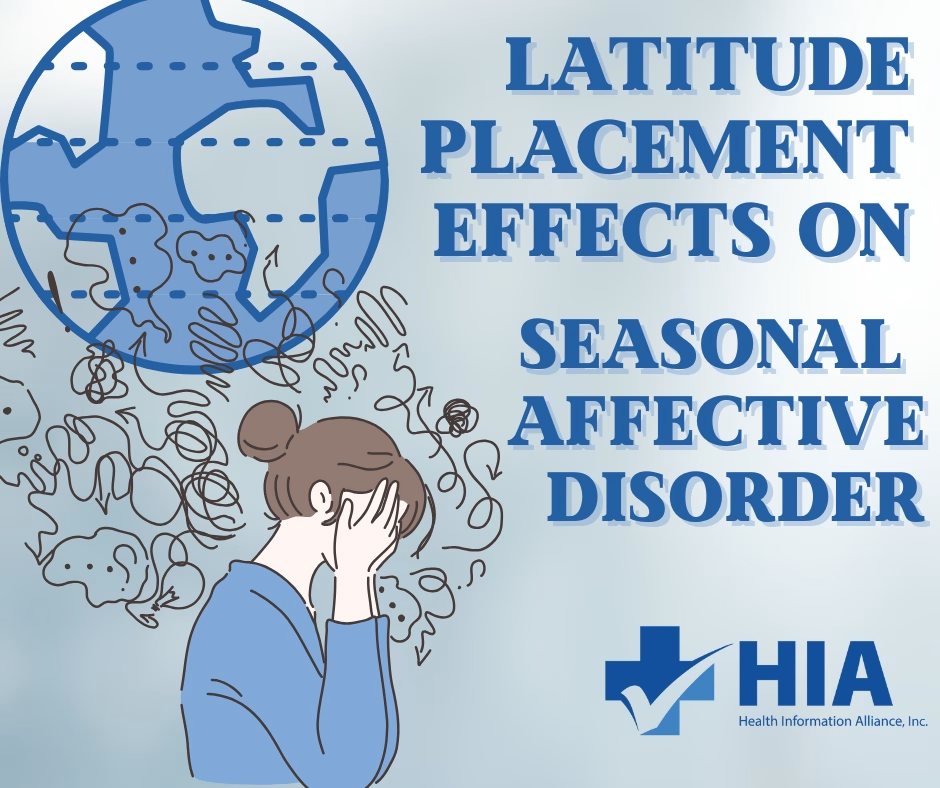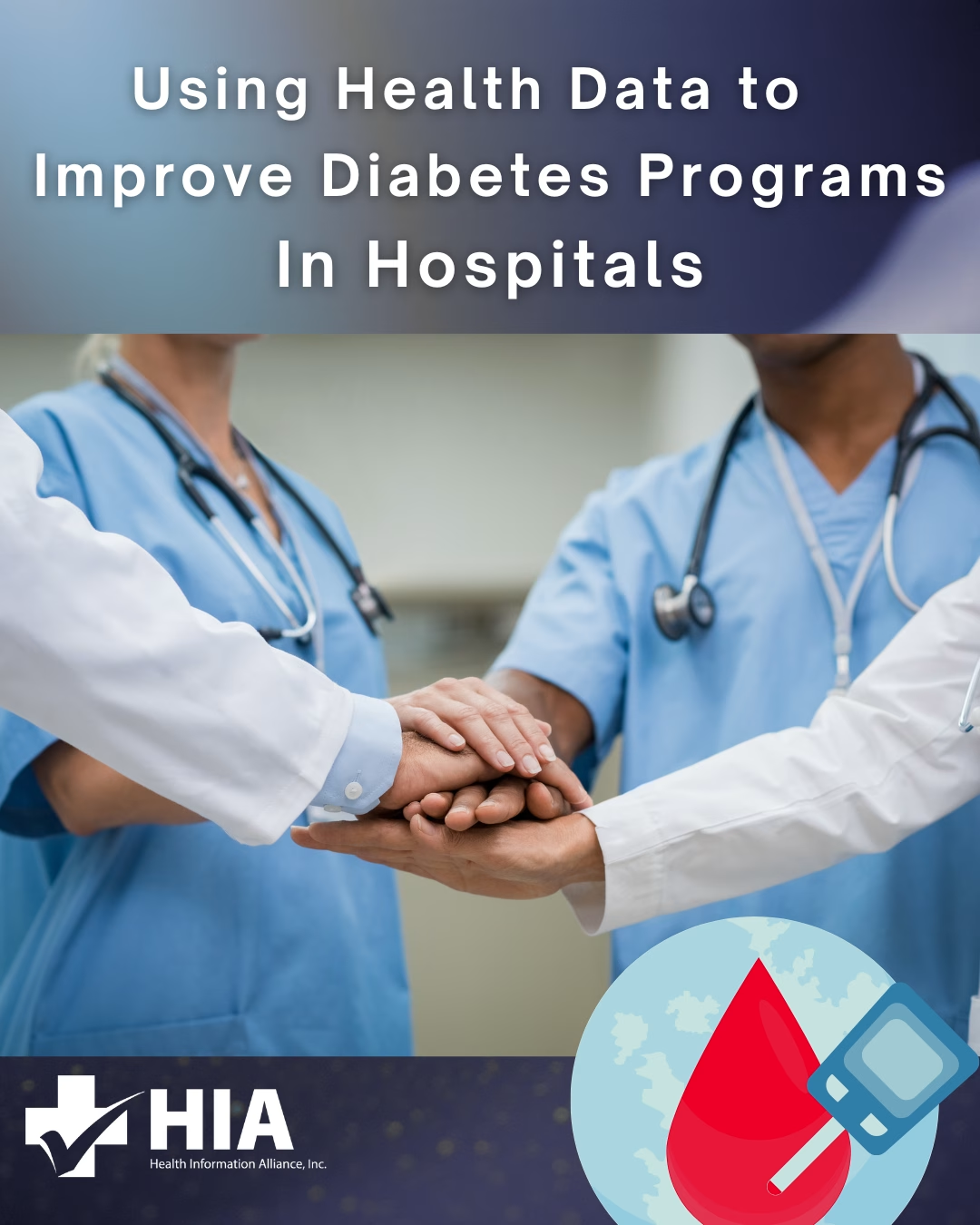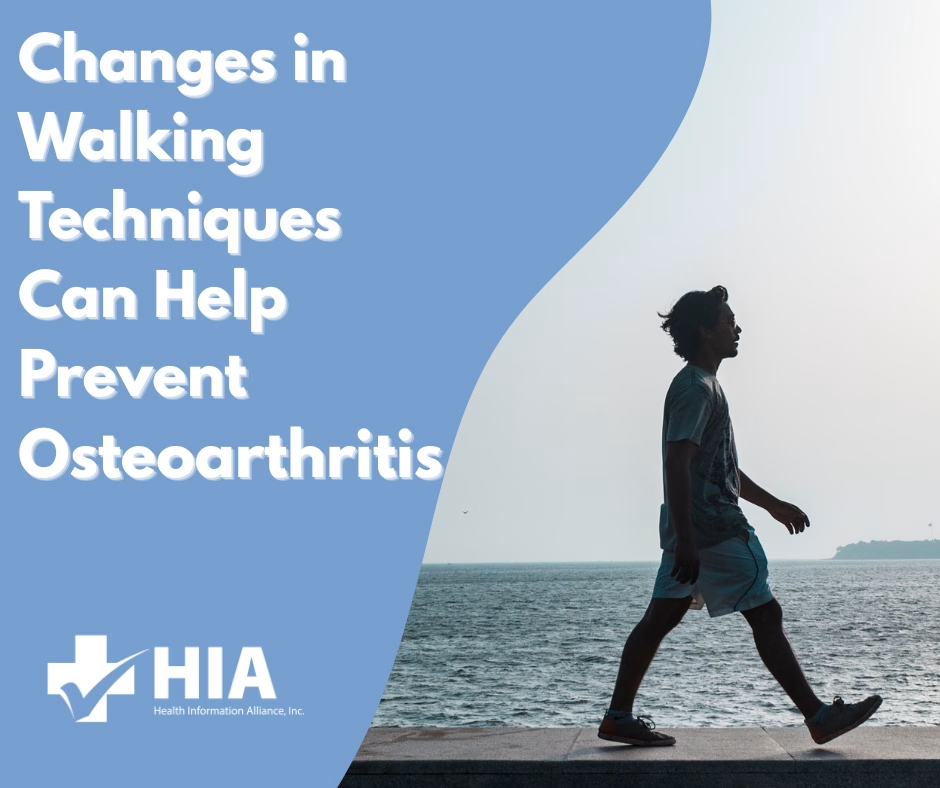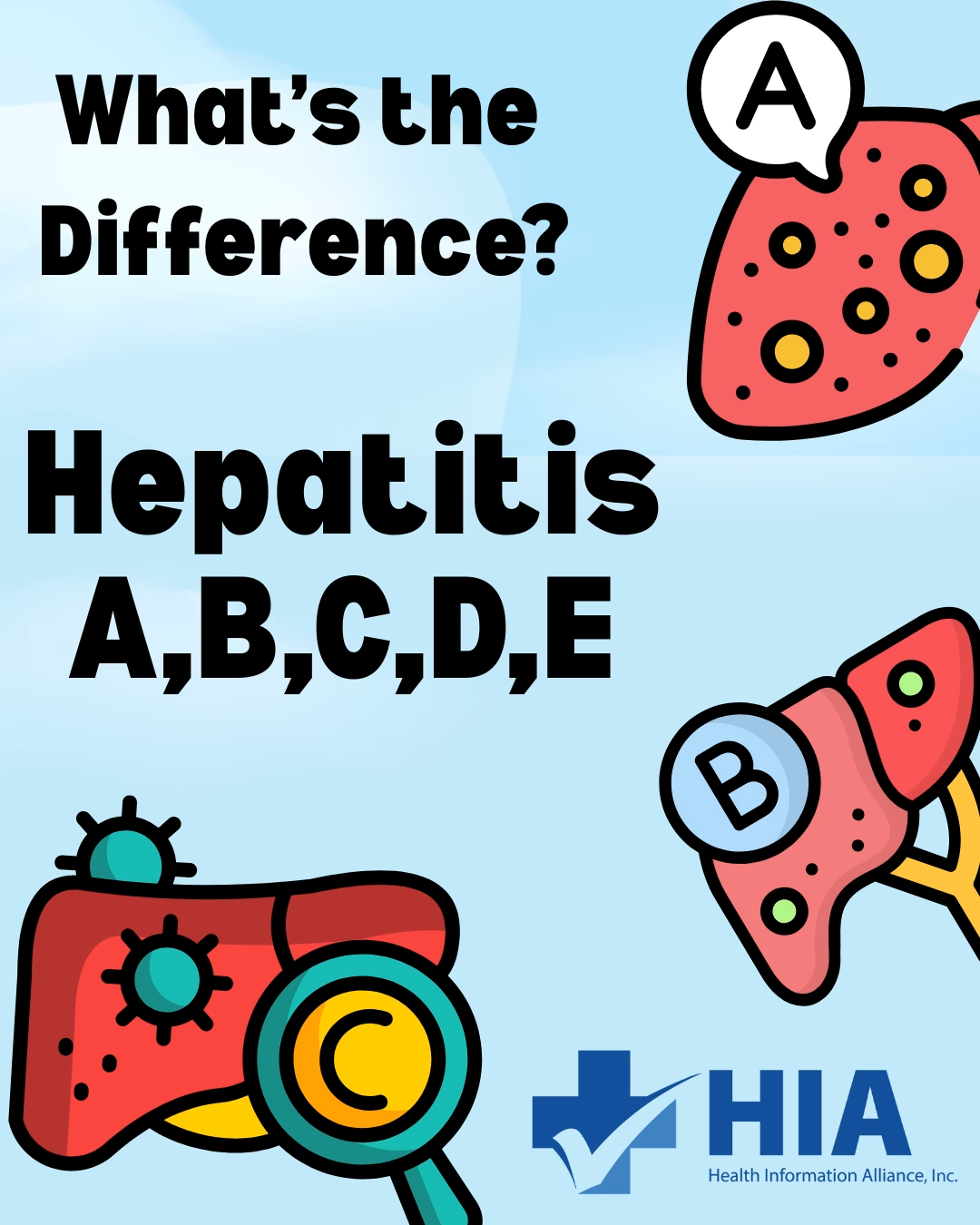Two out of three Americans worry about not being able to afford unexpected medical bills, but the “No Surprises Act,” passed on January 1, 2022, should ease this common concern. The act protects patients from unforeseen out-of-network medical bills, which are bills from healthcare providers that the patient did not choose and do not participate in a patient’s health insurance network. These situations tend to happen when a patient is admitted to an emergency room and receives emergency medical treatment from a doctor that does not participate in their insurance plan, and then the patient is faced with costs in the thousands.
Now, private health insurance companies will be required to cover certain out-of-network bills and apply the patient’s copayments as if the treatment was delivered by in-network providers. The law will cover most emergency services provided in hospitals, free-standing emergency rooms, urgent care centers that provide emergency care, and air ambulances, but does not include ground ambulances. Non-emergency care from out-of-network providers at in-network facilities is also covered by the law. For example, if an out-of-network doctor was working with an in-network surgeon, the patient is protected and only held accountable for their in-network deductible, copays, or coinsurance.
Under the No Surprises Act, patients now longer have to worry about a provider billing them for the gap between the provider’s fees and the fees that insurance pays, better known as balence bills. This is prohibited under Medicare and Medicaid, and will be banned for emergency services and some non-emergency services. Adria Goldman Gross, a New York licensed insurance broker and founder of MedWise Insurance Agency, urges people to take caution with the new law’s implementation and how it will actually work. “With this new law, my advice is to be sure that you never sign paperwork allowing an out-of-network provider to balance bill you,” Gross says. “You might see hundreds of thousands of dollars billed to you after completion of the surgery [or] procedure.” The law requires providers to give patients an estimate of charge, also called a good-faith estimate, and network status generally 72 hours in advance if the patient is asked to sign consent forms allowing the provider to bill the balance. These consent forms do not include emergency or some non-emergency services, such as anesthesia, pathology, or radiology associated with emergency care, as providers are not allowed to ask patients to waive their immunity against these services.
For treatments that require notice and consent, providers can refuse care if the consent is denied. Gross advises patients to write on the agreement that they will not pay if the balance bill is sent to them and initial next to it to clear any misunderstandings that may come up between the patient, provider, and the insurance company.
The No Surprises Act will finally begin to bring patients out of the dark about the unknown costs of their medical services prior to receiving them and pressures all parties involved in a procedure to communicate about the costs, such as the patient, pharmacies, labs, community providers and hospitals. The good-faith estimates will also be required for estimating drug costs for patients, another pricey expense.
Being faced with high unexpected costs from medical services is already a burden for most Americans, especially if errors in their records occur due to incorrect coding. Health Information Alliance (HIA) prevents these errors by putting accuracy and quality first with a team of coders that maintain correctness and confirm that medical records are precise with intense reviewing. Incorrect coding can lead to even higher costs than patients are already challenged with, which is what HIA wants to avoid for patients of our clients.






